Her Hygiene & Her Campaign
Jul 29, 2019
Story
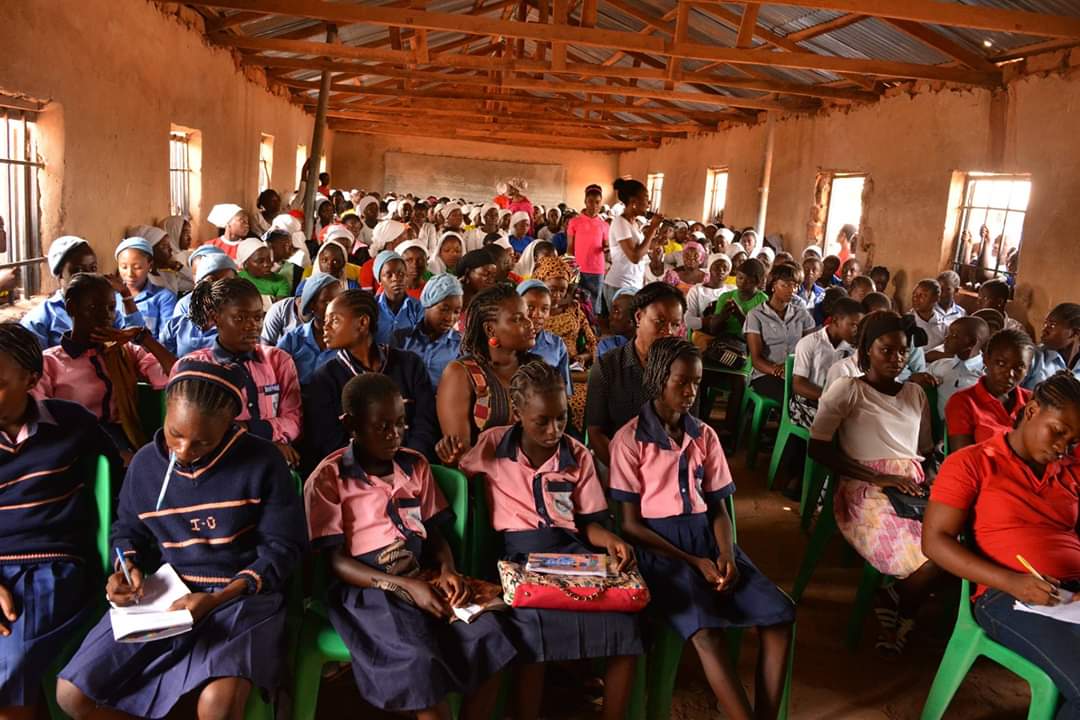
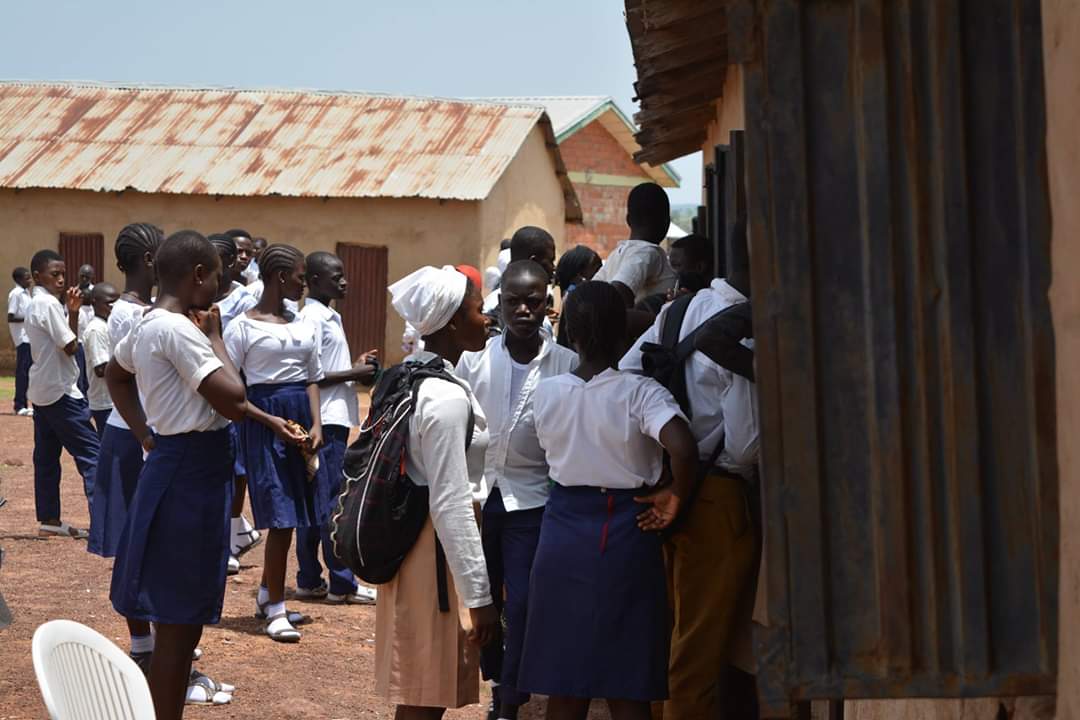
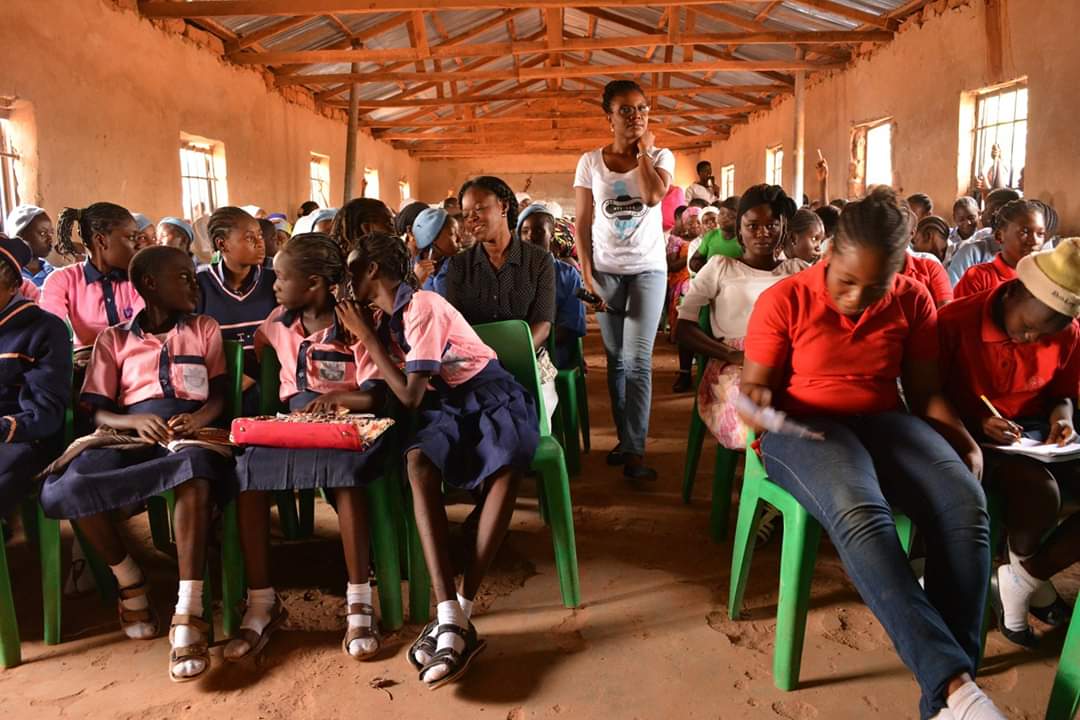
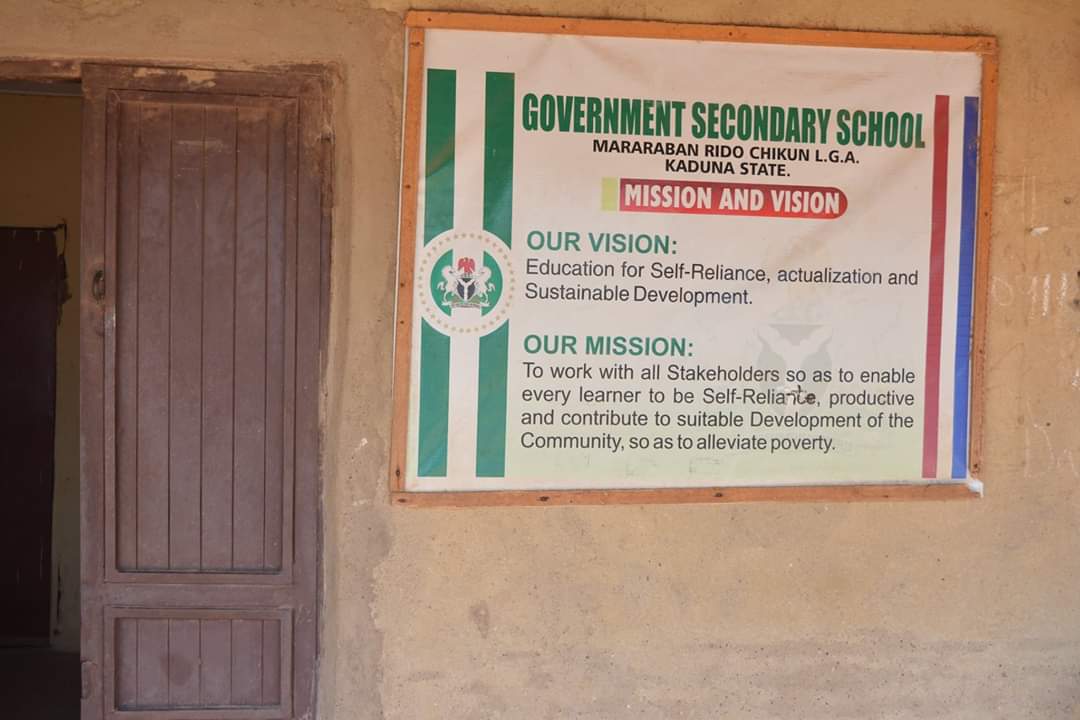
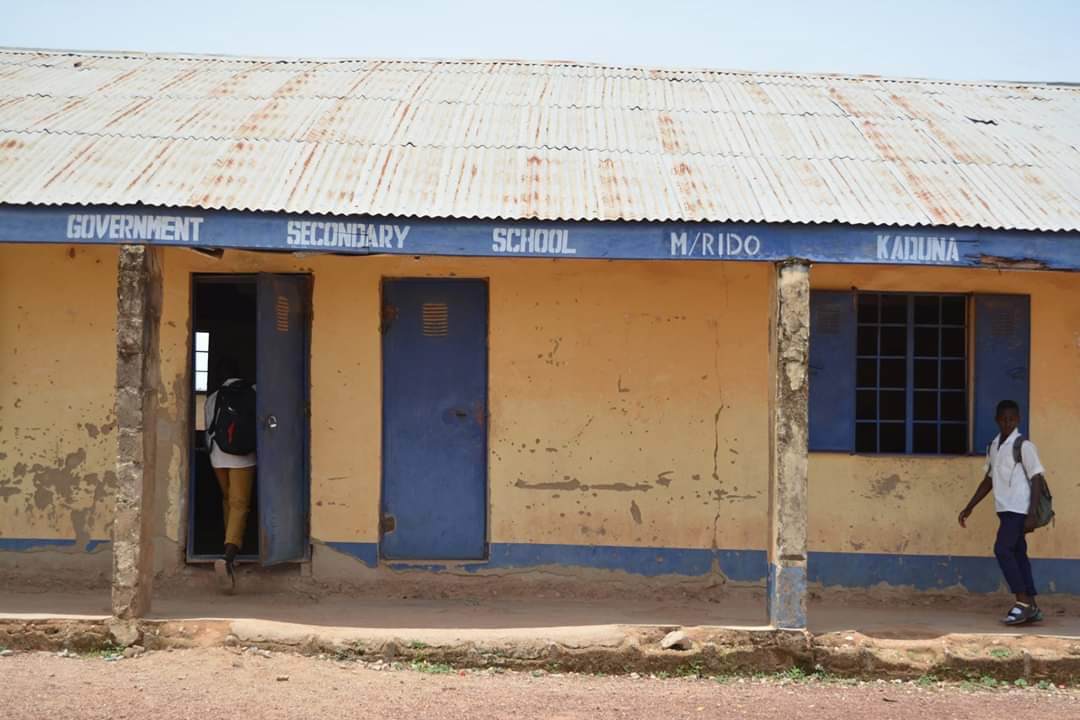
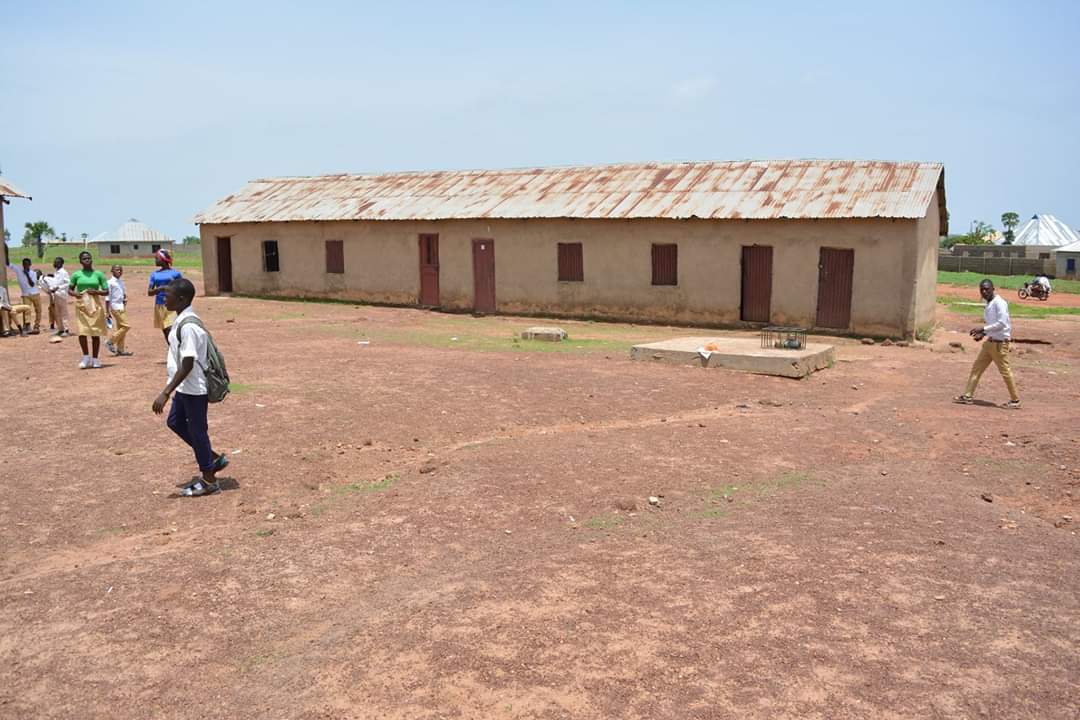
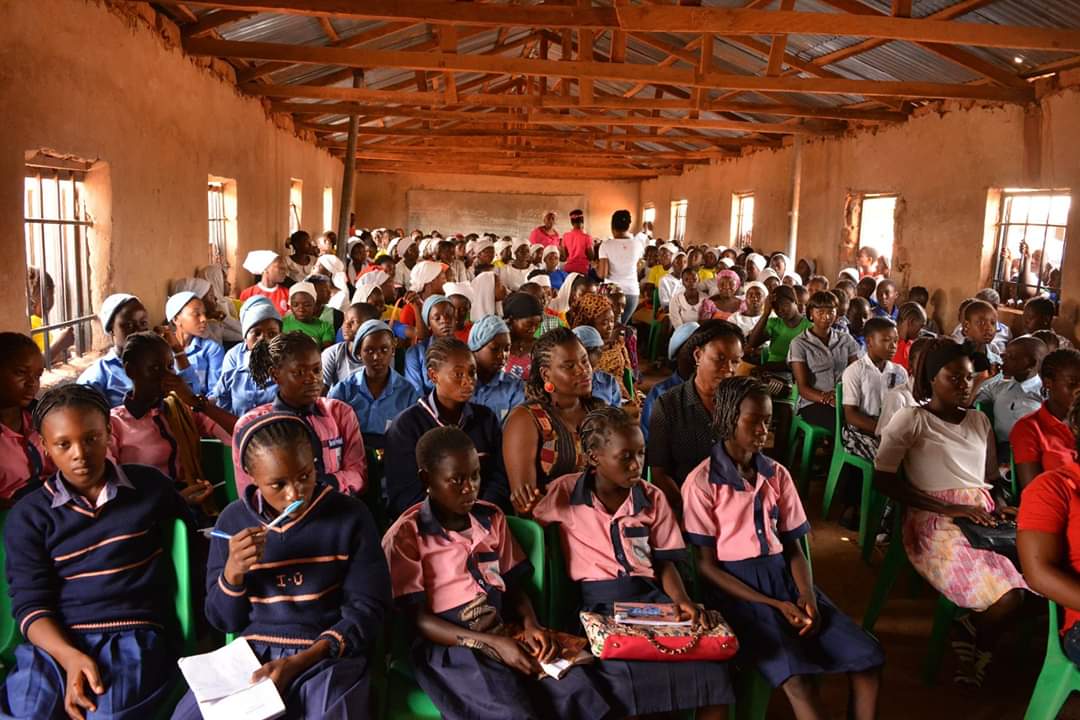
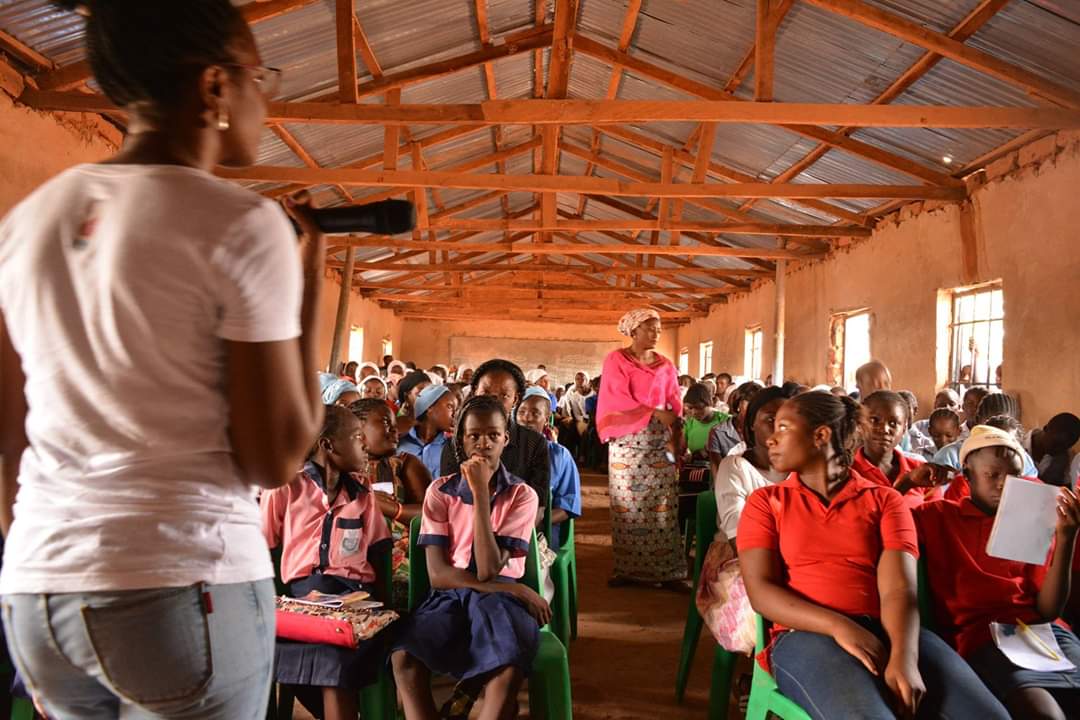
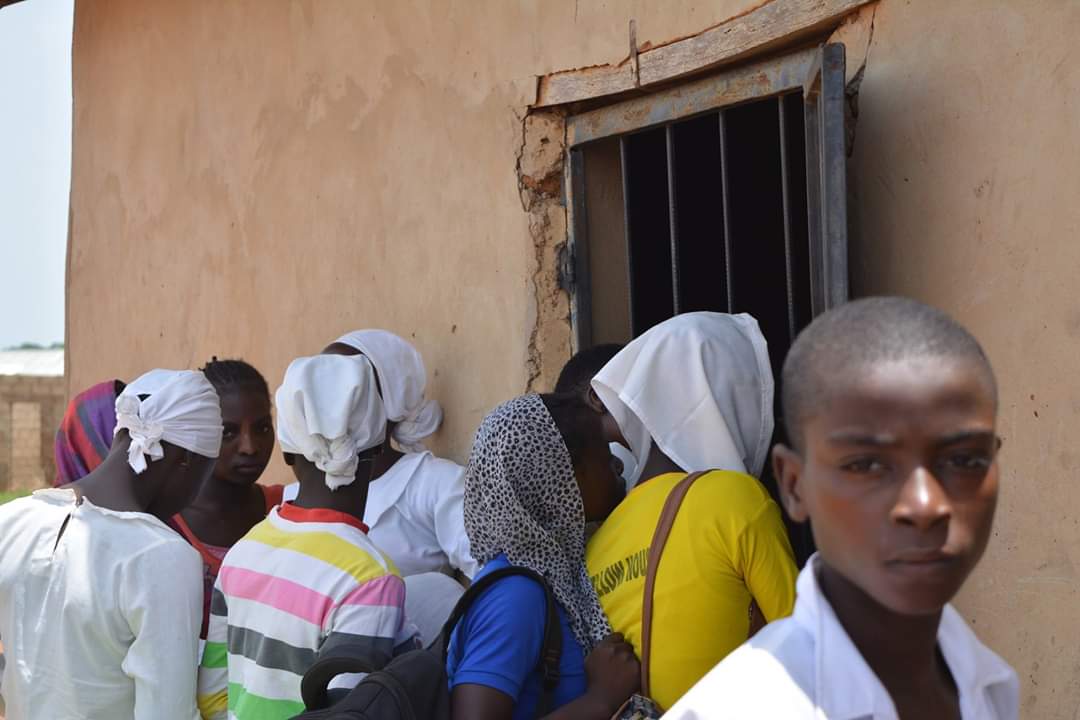
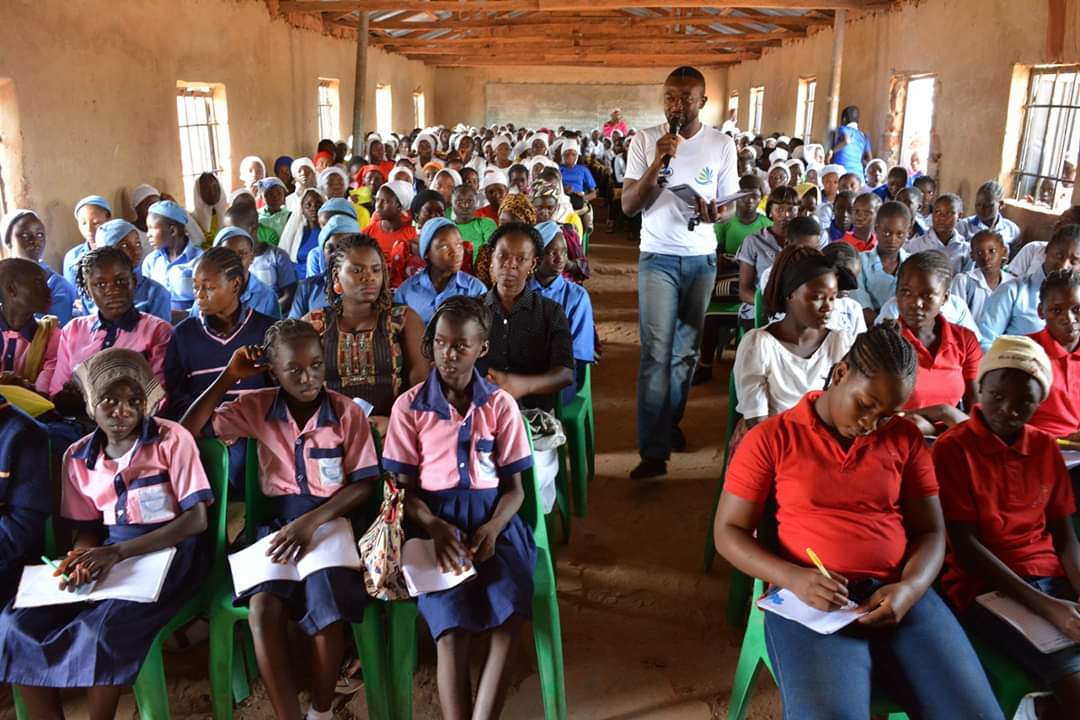

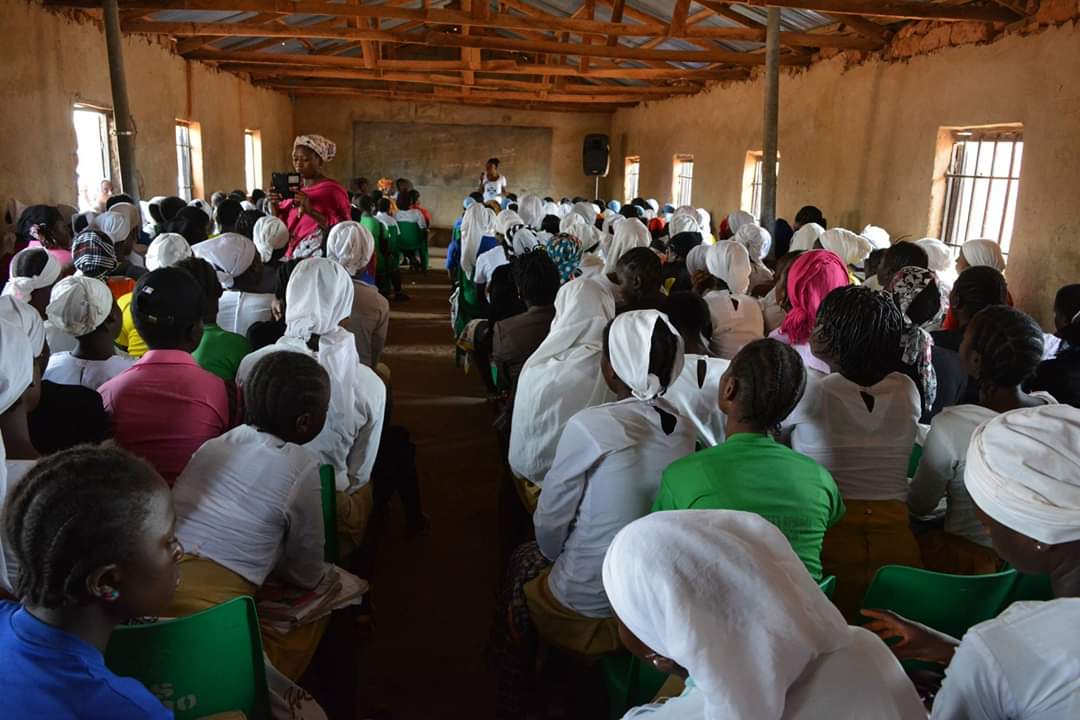
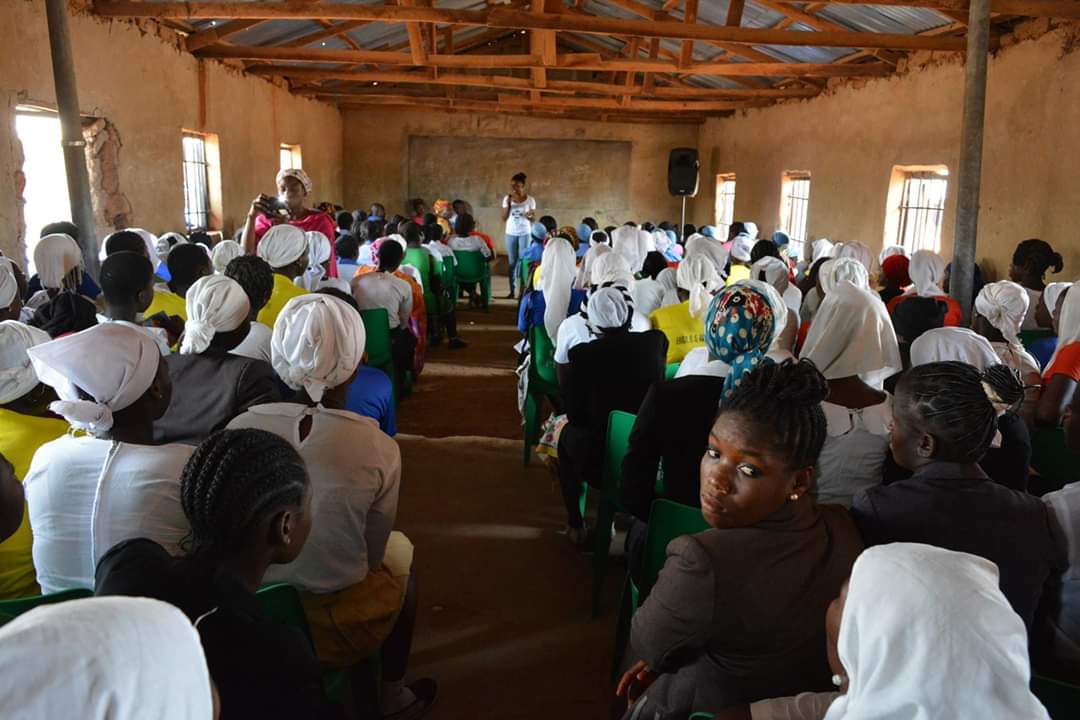
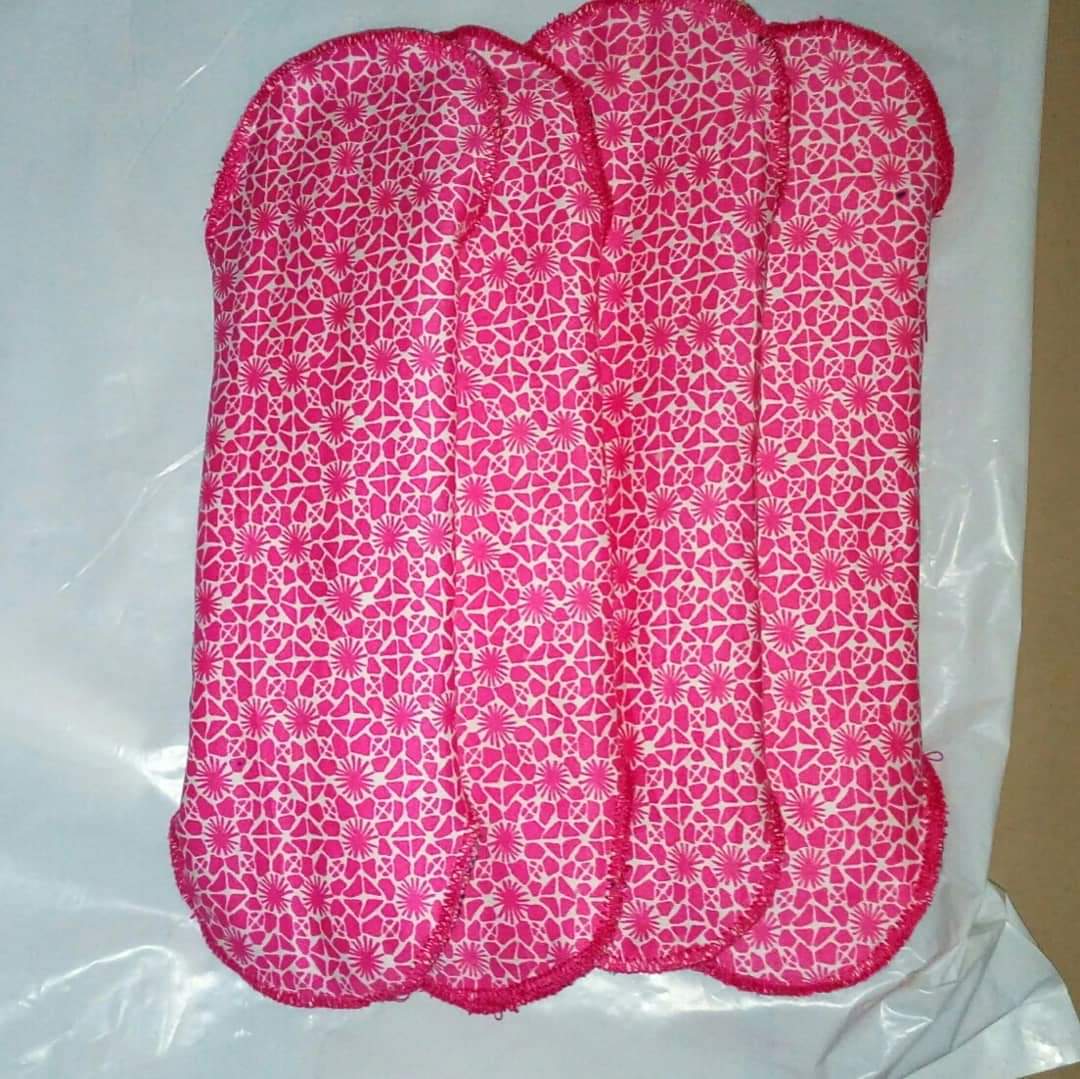
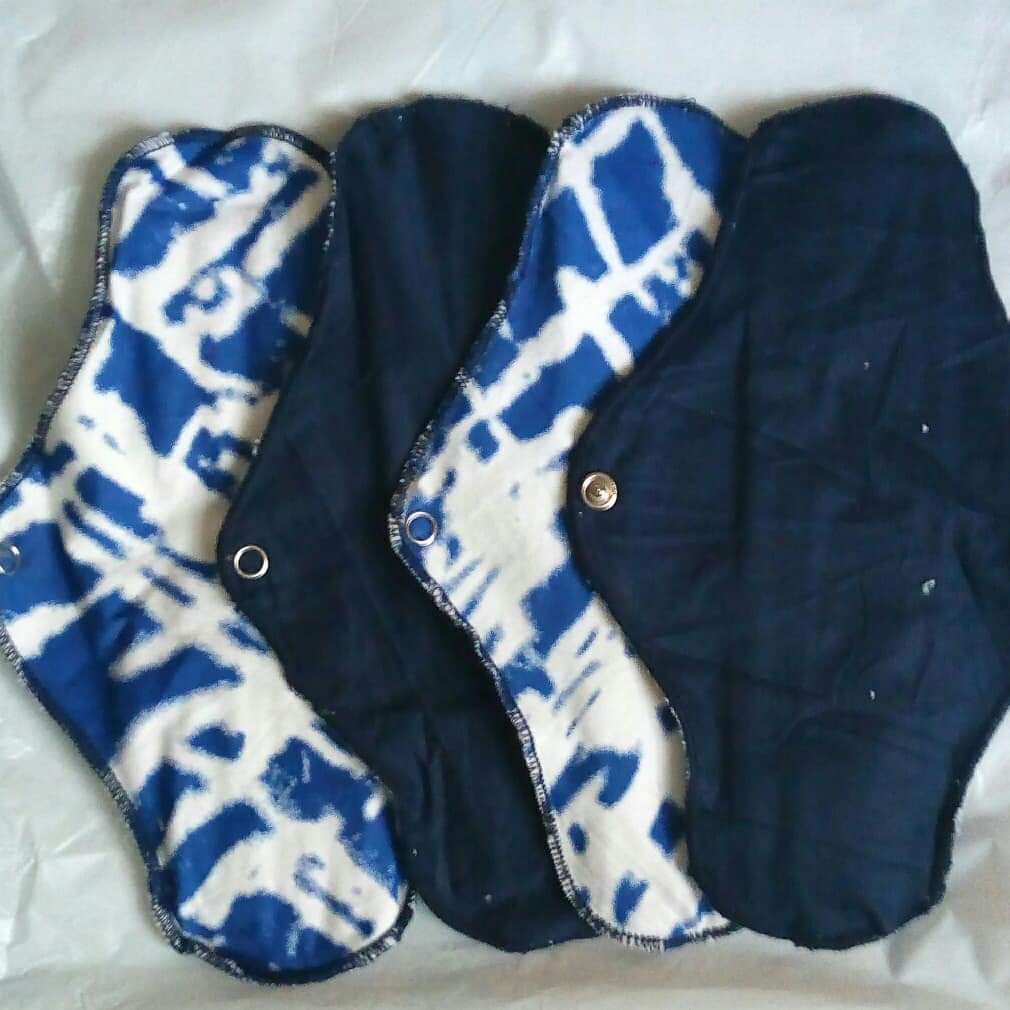
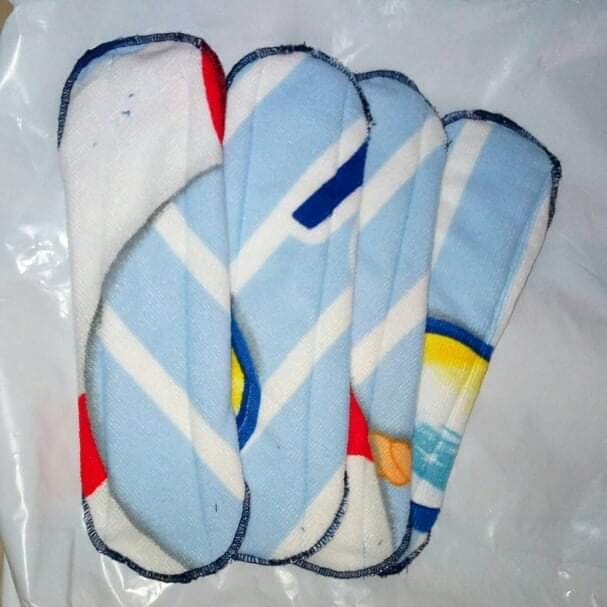
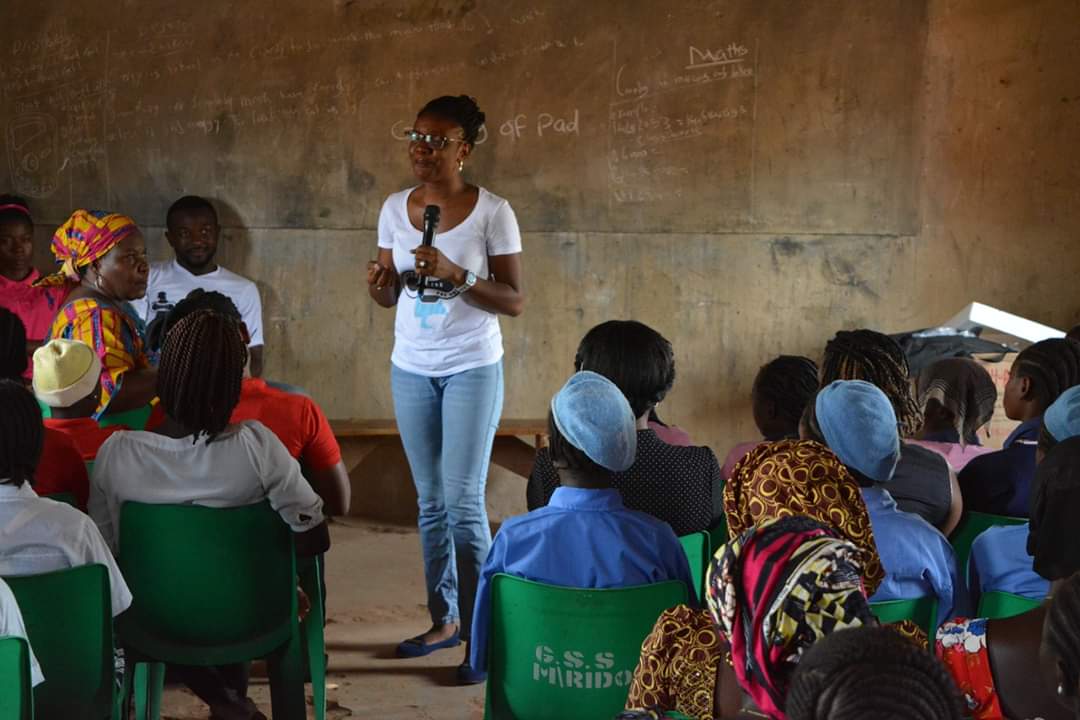
In recent time, the Northern part of Nigeria especially the North East and North central have experienced some form of unrest ranging from insurgencies to religious and ethnic riots leaving a lot of men, women and children displaced. Growing up, Kaduna used to be such a beautiful and peaceful State but I can’t say that anymore. Truly the woman and girl child in all this have been the most affected. These displaced communities for many women and girls is a nightmare as they are faced with a lot of insecurities, rape, unhygienic environment, no good source of water and the burden to fend for themselves and their loved ones. My first hygiene campaign was to a Government Secondary School in Chikun local government area of Kaduna State. This area is known to have a lot of displaced women and girls living in under developed communities. My interaction with young girls in the community showed that they not only lacked knowledge to basic hygiene management but also access to basic sanitation facilities and hygiene products especially during menstruation. You see, lack of access to proper education, sanitation facilities and hygienic products in low income communities directly affects women and young girls’ self-esteem, health and education. Poor hygiene causes great impact in increased vulnerability to reproductive tract infections (RTI) and many more diseases. A tour round the government schools in the community was disheartening. Most had no functional toilets, no source of electricity or water. Many girls had challenge getting hygienic products and keeping up with school during their menstruation. This was a lot for me to handle, I didn’t know where to start from. I wanted to help fix everything but too sad I couldn’t. I decided I would make an impact no matter how small. I could train them on hygiene management and also give them pads (this was what led to the production of our reusable pads). With the help of a local CSO, I reached out to 6 schools to train girls on hygiene management and on menstrual hygiene who will in turn go back to their schools to train fellow girls. One of the schools gave me a class to train. I reached out to some government organizations to help renovate toilets and mount bore holes but unfortunately none responded (if you or know anyone who want to help build a toilet or mount bore holes for girls in public schools please do not hesitate to reach me). Six different schools were represented and we had well over 200 girls who were trained. The hall was too small to take all the girls and few had to stand by the windows and doors to listen to our hygiene talk. At the end of the session, selected girls were given our taaf reusable pads. From time to time the CSO still visit these schools to discuss with these girls but unfortunately, sanitation facilities haven’t improved.
Do women and girls in the city have a role to play in advocating for WASH for women and girls in low income communities? My next post will talk about that.




